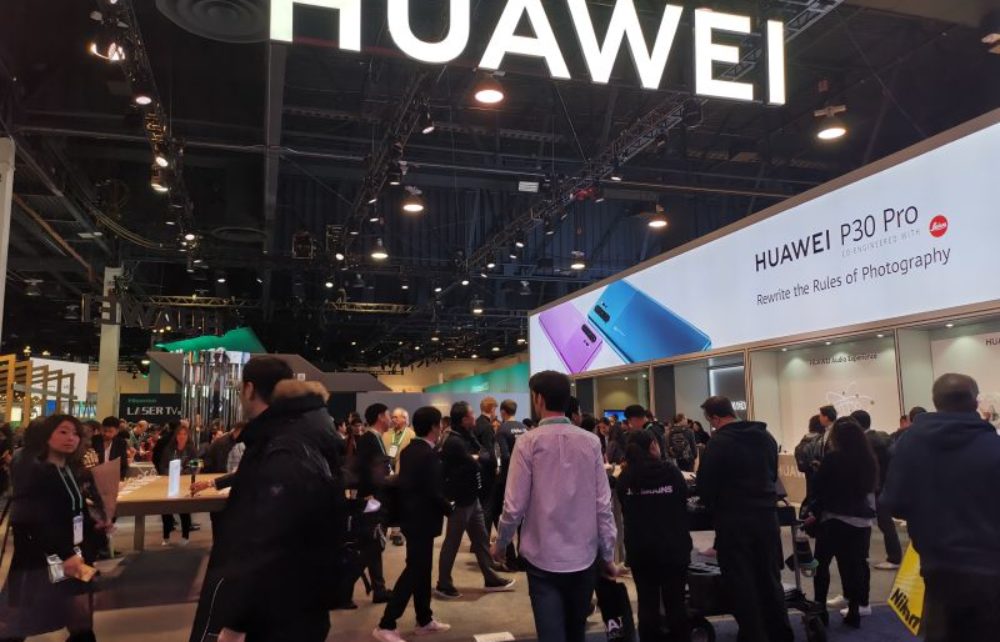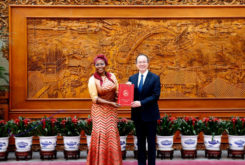The African Telecommunications Union (ATU) recently signed a Memorandum of Understanding (MoU) with Huawei which will enable African countries and organizations to build capacities for the transformation of ICT.
Under the agreement, Huawei will provide skills development training for ATU members. The MoU will also see the two organizations collaborate to support local innovation, share information on the latest trends, challenges and solutions in Africa and globally, and expand the digital economy as well as rural connectivity across the continent by deepening research.
John Omo, secretary general of ATU, said the MoU “will also see the two organizations collaborate to support local innovation, share information on the latest trends, challenges and solutions in Africa and globally, and expand the digital economy as well as rural connectivity across the continent through in-depth research”.
Samuel Chen, Vice President of the Huawei Region for Africa commended ATU for its leadership and promotion of ICTs in Africa. “ATU is playing a critical role in the region, supporting member countries with its policies and strategies, sharing best practices, building capacity and driving innovation, and we are delighted to be able to support them.”
A 2019 United Nations Conference on Trade and Development (UNCTAD) report on digital economies established that Africa and Latin America together represent less than 5 percent of the world’s data centers. Left unchecked, the report concluded, divisions will exacerbate existing income inequalities.
This, coupled with the fact that in least-developed countries only one in five people use the Internet, compared to four in five in developed countries, is part of the motivation for the Huawei-ATU partnership, according to both parts.
Founded in 1987, Huawei is a leading global provider of intelligent information and communications technology (ICT) infrastructure and devices. It has more than 197,000 employees and operates in more than 170 countries and regions, serving more than three billion people worldwide.




